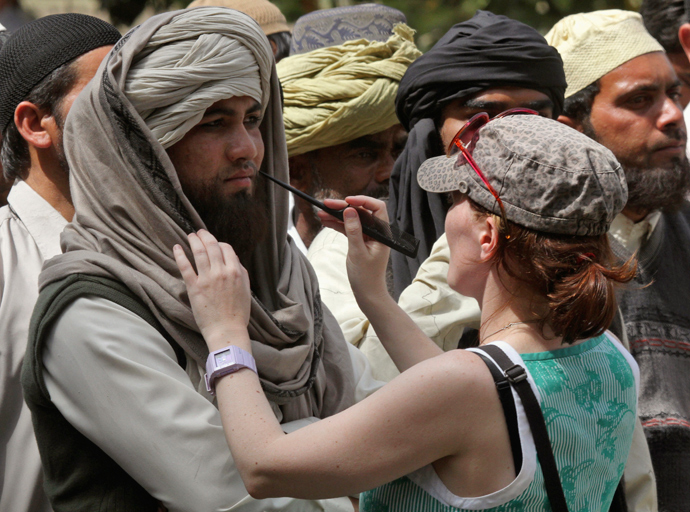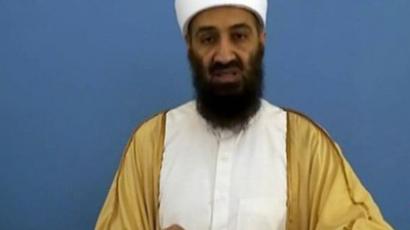Zero Dark Thirty: Senate ‘lets’ Bin Laden manhunt movie off the hook
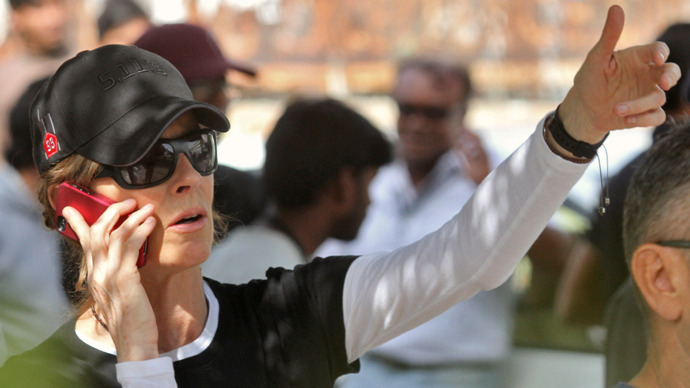
Immediately after the Zero Dark Thirty movie scooped surprisingly little acclaim at Oscar ceremony, reports came the Senate had dropped its probe into the CIA’s alleged cooperation with the filmmakers.
A frontrunner in the Oscar race, Zero Dark Thirty is a highly controversial dramatization of the US operation to capture and kill Osama Bin Laden. The movie was nominated for five Academy of Motion Picture awards including the Best Picture and Best Director awards. But in the end it received just one statuette – for Best Sound Editing, which it shared with the James Bond movie Skyfall.
Next day it became known that Senate’s Intelligence Committee
decided to close its inquiry into the CIA’s cooperation with Zero
Dark Thirty, Reuters reported quoting anonymous sources. The
Intelligence Agency did not tell the filmmakers "enhanced
interrogations" led to capturing bin Laden, but helped develop
characters in the film, said the source.
Eye-opener vs. Torture propaganda
Just a couple of months ago American movie critics shared common
belief that Zero Dark Thirty would win Best Picture and Best
Director awards at the Oscars.
“The landscape is dominated by Kathryn Bigelow's 'Zero Dark
Thirty,” reported the Washington Post's Jen Chaney.
But in December, as Zero Dark Thirty was about to hit the screens
at America’s multiplexes, a group of influential Washington
politicians attacked the movie.
The Chair of the Senate’s Intelligence Committee, Senator Dianne
Feinstein, joined the head of the Senate Armed Services Committee,
Democrat Carl Levin and Republican Senator John McCain in
lambasting Zero Dark Thirty for scenes depicting enhanced
interrogation of detainees by CIA agents.
This led to the Intelligence Committee launching a probe into
whether the CIA shared classified data with the Zero Dark Thirty
filmmakers to helping produce the film.
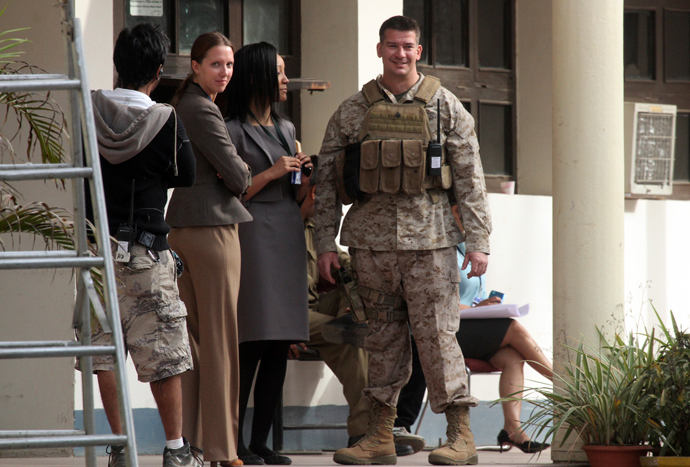
While the investigation proceeded, Zero Dark Thirty sparked a fierce debate between its supporter and detractors.
As movie critics admired Zero Dark Thirty, naming it one of the
best films of the year, politicians and others pointed out that
since enhanced interrogations played no role in finding Bin Laden,
the movie was no more than an artistic falsification distorting the
true story.
"When it comes to torture, the film fails the truth test for
both accountants and poets," said Oscar-winning filmmaker Alex
Gibney.
Others, however, thought the scenes of torture in the movie amounted to CIA propaganda aimed at justifying the practice, accusing director Kathryn Bigelow of “embedded journalism”.
"It makes a case for the efficacy of torture," argued New York Magazine's Film critic David Edelstein.
"No waterboarding, no Bin Laden: that's what 'Zero Dark
Thirty' appears to suggest," claimed Frank Bruni of The New
York Times.
Answering the avalanche of criticism, Bigelow wrote a public
letter in mid-January.
“Those of us who work in the arts know that depiction is not
endorsement. If it was, no artist would be able to paint inhumane
practices, no author could write about them, and no filmmaker could
delve into the thorny subjects of our time,” she wrote.
“I think Osama bin Laden was found due to ingenious detective
work. Torture was, however, as we all know, employed in the early
years of the hunt. That doesn't mean it was the key to finding Bin
Laden. It means it is a part of the story we couldn't ignore. War,
obviously, isn't pretty, and we were not interested in portraying
this military action as free of moral consequences,” Kathryn
Bigelow stressed in her statement.
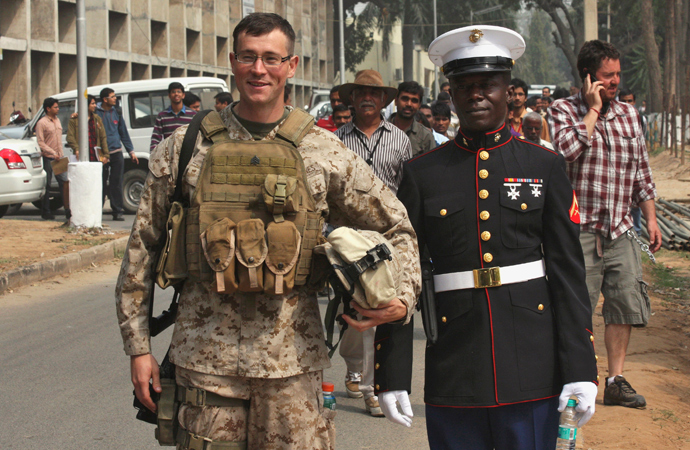
As Zero Dark Thirty’s rigorous drama drew opprobrium in the Senate and elsewhere, the Oscar for Best Picture was given to a movie about the ingenious rescue of American diplomats in Iran after the 1979 revolution.
Ben Affleck’s Argo depicts one of the most ominous episodes in
American diplomacy in the 20th century – the Iran hostage crisis in
1979.
In real life, however, Washington’s attempts to free 52 American
citizens captured by revolutionary Iranians through both diplomacy
and force failed. After 444 days of captivity, Tehran returned the
US citizens after the United States released several billion
dollars in Iranian gold and bank assets which had been frozen in US
banks shortly after the seizure of the embassy.
